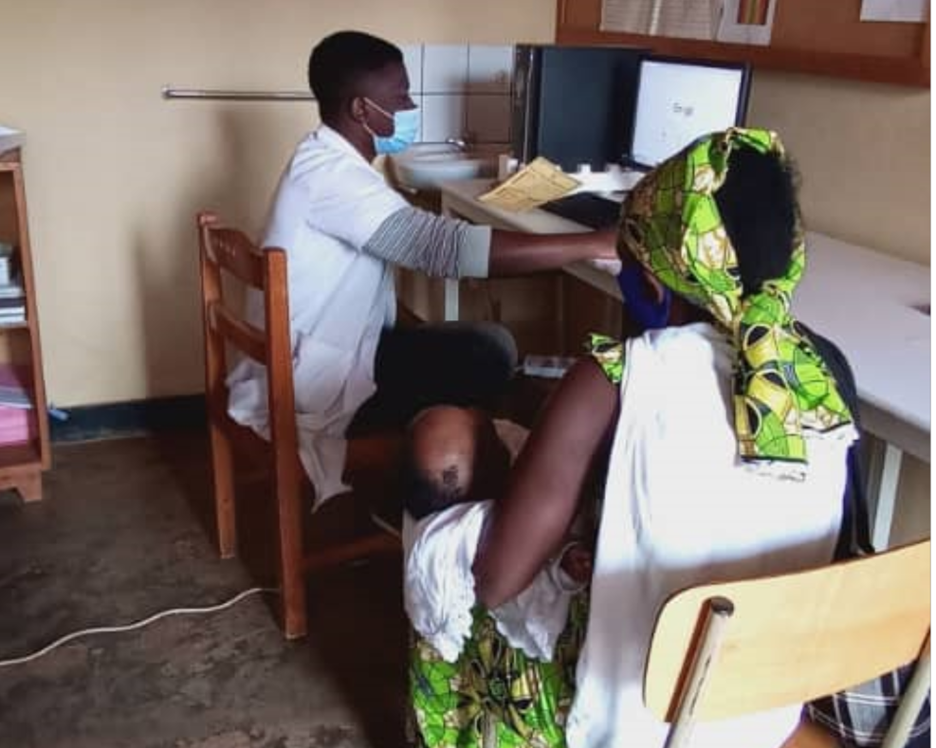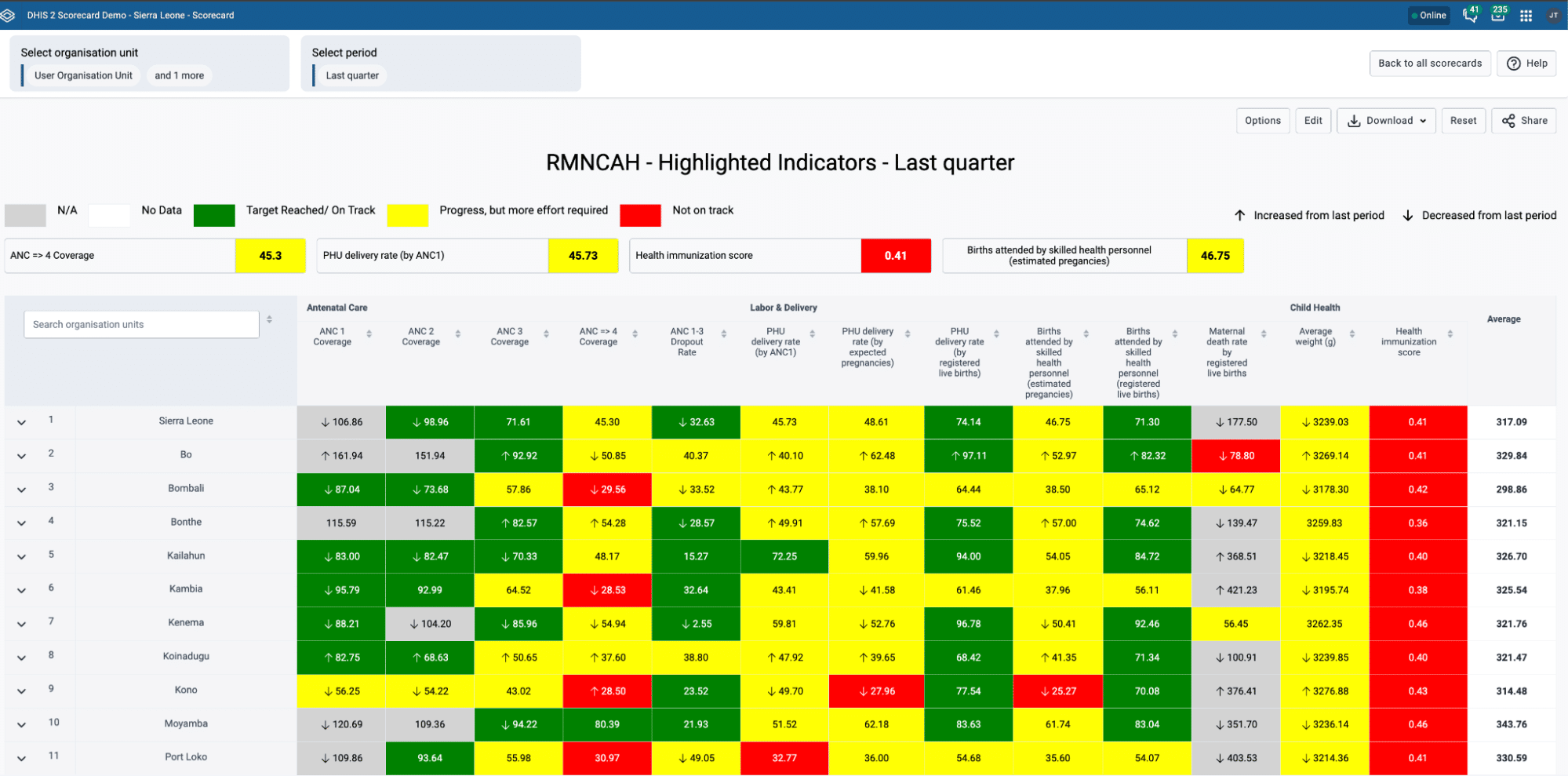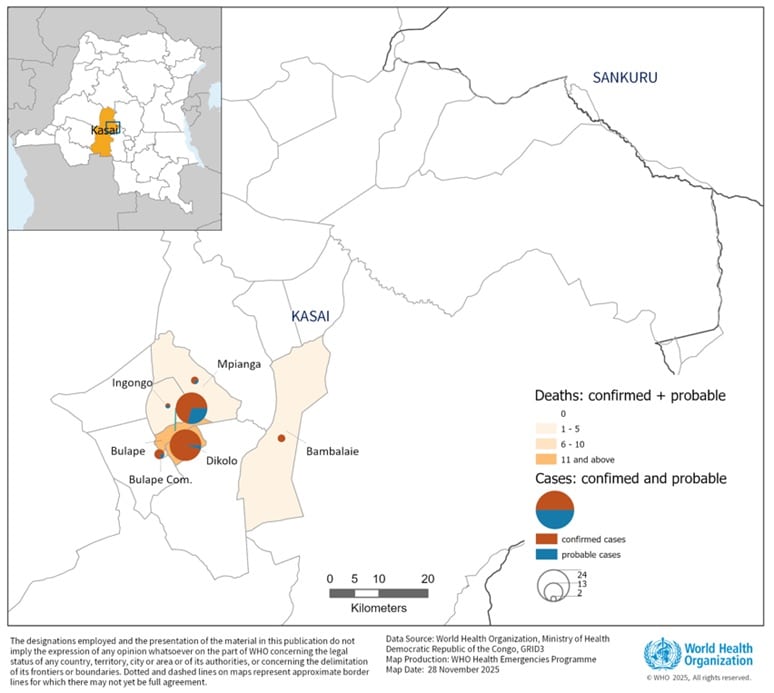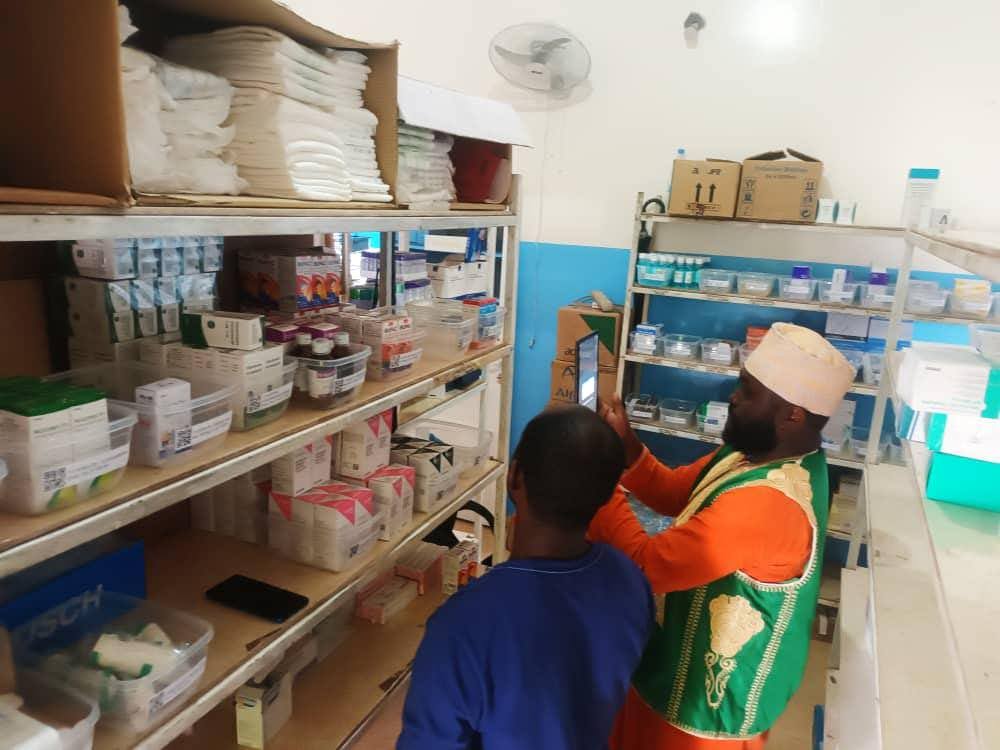The DHIS2 Annual Conference takes place from 15-18 June 2026! Learn more
Improving Vaccination Management in Rwanda
Achieving improved vaccination coverage, targeted response to dropouts, more timely birth notification, and better public health data for decision making with DHIS2
In 2019, the Ministry of Health of Rwanda’s MCCH/EPI Program expressed the need to improve the vaccination services in all Health Centers, integrate birth notification into the child immunization program, and improve compliance with the immunization schedule. The goal was not only better statistical and public health data, but also to ensure an increase in immunization service coverage and improve monitoring of immunization dropout to facilitate timely response.
Before the implementation of Rwanda’s EPI eRegistry, the management of all childhood vaccination services relied on the use of vaccination cards to track vaccines received and set the appointments for future vaccination dates. This information was manually recorded for reporting purposes and program monitoring, with appointment reminders handled through phone calls from community health workers to parents. Reminders were through phone calls to CWHs to inform parents with children who missed out the appointment. This system was slow. While 98% of all children in Rwanda are born in health facilities, birth notification/registration rarely was reported within the 14-day window that Rwanda required.
In collaboration with HISP Rwanda, UNICEF/CO, UiO, and WHO/CO, the EPI Program adopted the DHIS2 EPI Tracker module to address these issues. This system is now used in all health facilities that offer vaccination services (505 in total, both public and private), and the completeness rate for EPI services is 98% across the country. All the EPI supervisors and data managers are trained to perform data entry and follow up with children through the EPI Tracker system. The system also makes it easiest for the facilities to plan staffing and stock levels based on the calendar of upcoming vaccination appointments. The system is also configured to send out reminders to parents about upcoming appointments, and allows for the transfer of patients and their records to another facility if needed. In the first half of this year (January-June 2020), 234,579 children were newly enrolled in the EPI Tracker for various vaccines.

While further work is required to achieve all the goals of EPI Tracker–the implementation of which was partially disrupted due to the Covid-19 pandemic–stakeholders throughout the MoH are already benefiting from it, and the introduction of the system has led to significant improvements in vaccination activity management at all levels. For example, the EPI Tracker helps the EPI program decision makers to plan and monitor the vaccination activities across the country, early detection of mAPI, and generating aggregate or individual analysis for advocacy or data dissemination. The EPI Tracker helps health facility managers improve birth notification and vaccination schedule compliance, and improve vaccination coverage overall through improved individual case management and monitoring of dropouts rates. The EPI Tracker helps community health workers by sending them reminders of the next vaccination sessions for all newborns/infants with upcoming appointments in their villages. Finally, the EPI Tracker helps parents and caregivers by providing them with timely reminders of their child’s upcoming vaccination appointments.
The full report from Rwanda is available here.


